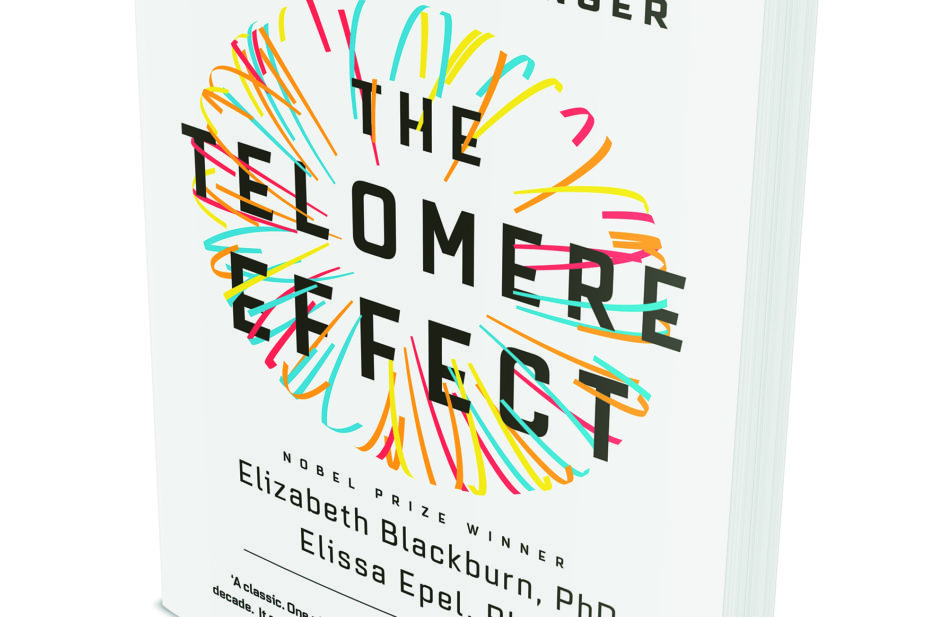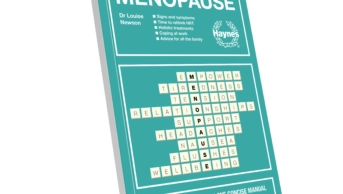
Most of us want to live a long and healthy life. There is plenty of evidence to suggest that if we do not smoke or drink too much alcohol, and eat enough fruit and vegetables then there is a good chance that we will live to a reasonably old age. Various diet books advocate that we eat this or that food for a long and healthy life — plus throw in some exercise. But it seems there is something else that might have an impact on our longevity. This book provides a good deal of evidence to suggest that the length of our telomeres plays a pivotal role.
Telomeres are the caps on the end of a strand of DNA which protect the chromosomes — a bit like how those plastic tips on a shoelace protect the laces. It seems that there is good evidence to connect telomere dysfunction, in particular shortening, to a number of degenerative disorders. Shortened telomeres are one cause of the chronic inflammation associated with a whole host of health problems such as cardiovascular disease, type 2 diabetes, asthma and several cancers.
Psychologist and molecular biologist Elizabeth Blackburn, who won a Nobel prize for her research on telomeres, suggests that there is much we can do to lengthen our telomeres by enhancing the activity of the telomerase enzyme.
The book begins with an easy-to-follow explanation of the role and function of telomeres and quickly progresses to explain how telomeres seem to “listen” to our bodies. The authors describe studies showing that the stress endured by mothers of disabled children leads to shorter telomeres in their immune cells and an increased susceptibility to illness. It also seems that our mental attitude impacts on telomere length, so perhaps it is better if you are a glass ‘half-full’ rather than ‘half-empty’ person. The book does include a raft of questionnaires that assess how your personality affects your response to stress and a telomere trajectory assessment.
As the book progresses, it seems that there are plenty of things we can do to lengthen our telomeres by enhancing telomerase activity. Moreover, many of the ways to increase the action of this enzyme are similar to those advocated for a healthy lifestyle, e.g eating fruits and vegetables, fish, not smoking, doing a moderate amount of exercise, getting enough sleep, reducing stress, etc. Although it is somewhat intuitive that someone who smokes, has a poor diet and never exercises can expect a shortened lifespan, the book describes how adoption of healthy lifestyle measures produces a quantifiable alteration in telomere length and that this offers a possible explanation as to why such changes are beneficial.
The book concludes with a telomere manifesto, the things we should be doing to achieve healthy telomeres and, again, it is all about having a positive mental attitude and healthy eating.
The book will be of interest to pharmacists because it provides an understanding of why embracing a healthy lifestyle is important. However, I fear that adoption of the telomere manifesto will remain a pipe dream for those who face an ever-increasing workload and constant pressure to achieve targets.
Rod Tucker
References
The telomere effect, by Elizabeth Blackburn and Elissa Epel. Pp 383. Price £14.99. London: Orion Spring; 2017. ISBN 978 0 2976 0923 0


